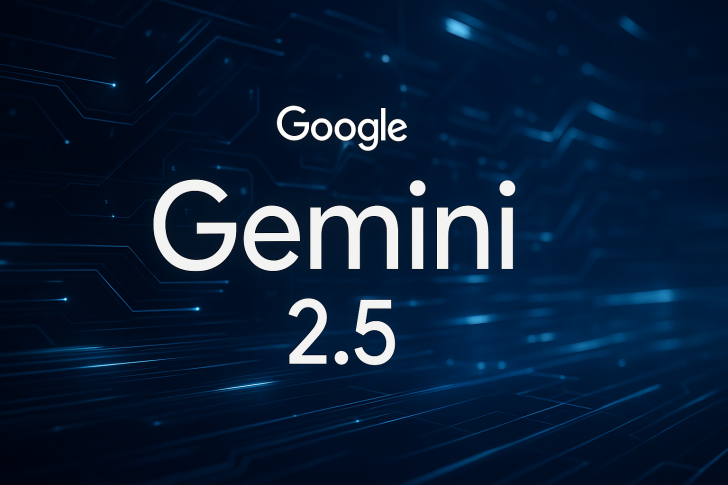AI is shifting from simply generating text to actually getting things done in the real world. Google just rolled out its Gemini 2.5 Computer Use model—a system designed to power AI agents that can navigate browsers, interact with user interfaces, and complete tasks quickly and accurately. This puts Google ahead of competitors like OpenAI and Anthropic in the race to build truly capable AI agents.
Google Pushes Boundaries with Gemini 2.5
Tech analyst Prashant recently pointed out that Gemini 2.5 Computer Use has beaten both OpenAI's agentic models and Anthropic's Claude Sonnet series in benchmark testing.

The model is built specifically for web environments, excelling at browser automation and showing real promise for mobile interface control. It delivers the highest accuracy across major benchmarks with the lowest latency, making tasks run noticeably faster. The system is optimized for browsers and mobile UI navigation and includes built-in safety protocols to prevent risky actions, though desktop OS-level control isn't supported yet.
Benchmark Results: Gemini Takes the Lead
The numbers speak for themselves:
- Online-Mind2Web: Gemini scored 69%, beating Claude Sonnet 4 at 61% and OpenAI's computer-using agent at 61.3%.
- WebVoyager: Gemini hit 88.9% compared to Claude's 71.4% and OpenAI's 87%.
- AndroidWorld: Gemini reached 69.7%, ahead of Claude Sonnet 4's 62.1%.
- OSWorld: Currently not supported for Gemini, while Claude 4.5 reported 61.4%.
The latency versus quality analysis highlights Gemini's edge - it delivered both better accuracy and faster response times than the competition, which matters a lot for real-world use.
Why This Matters for AI Agents
Traditional language models mostly just generate responses, but Gemini 2.5 can actually interact with digital environments directly. This means AI agents can now automate repetitive browser tasks, help users navigate research and forms, and even work within mobile apps for real-time interactions. These capabilities bring AI much closer to being a true digital co-pilot, connecting natural language requests to actual executable actions.
Competition and Industry Implications
This launch shows just how heated the agentic AI race has become. OpenAI has been developing agent-driven workflows, and Anthropic has focused on reasoning with Claude Sonnet. Google's advantage comes from its ecosystem - Chrome, Android, and deep web integration - which positions Gemini 2.5 perfectly for practical applications. The fact that desktop OS control isn't supported yet seems intentional, since browsers and mobile devices are where most digital activity happens anyway.
 Peter Smith
Peter Smith

 Peter Smith
Peter Smith


